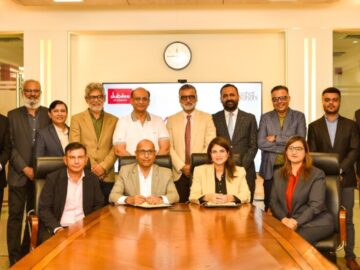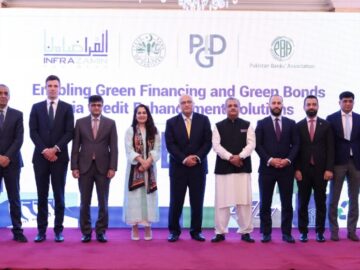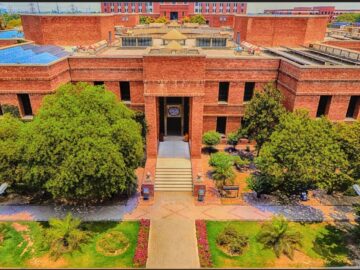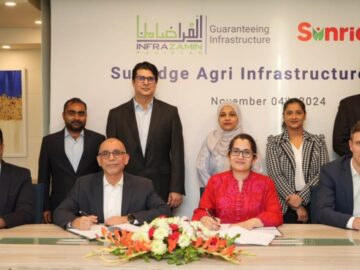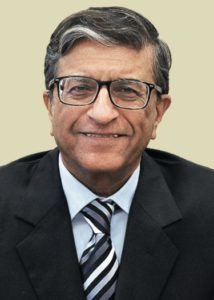
The Board of Directors of EFU General Insurance Limited on 25th February 2021 approved the annual financial statements for the year ended 31 December 2020.
Despite the Covid 19 Pandemic the Company holds a leading position in the non-life insurance business. It created another history by becoming the first company to underwrite premiums (including Takaful Contributions) of 22.6 billion.
The underwriting profit for the year was Rs. 739 million as compared to Rs. 505 million in the preceding year i. e. increase by 46%. The after-tax profit was Rs. 2,371 million (earning per share of Rs. 11.85).
The market value of investments and property increased from Rs.28 billion in the preceding year to Rs. 30 billion.
The Board of Directors recommended a final cash dividend of Rs. 5.50 per share (i.e 55%) in addition to already paid three interim cash dividends of Rs. 1.50 per share i.e 15% in each quarter, making total distribution for the year to 100 % (i.e Rs. 10.00 per share).
Director Mr. Rafique R. Bhimjee commended the Company’s performance for the year and stated that the growth in premiums in 2020 was remarkable as it was achieved despite Covid 19 pandemic. reduced vehicle production and lesser imports. This achievement was made possible by years of experience in serving the needs of the valued and loyal customers. The company’s Balance Sheet is the strongest in the industry and I am sure the company will continue to maintain its lead position.
The Company is rated by A. M. Best, the world’s specialized insurance rating agency and has assigned Financial Strength Rating of “B+” and a Long-Term Issuer Credit Rating of “BBB-” with Stable Outlook for both. The Company is also rated by two national rating agencies i.e. VIS Credit Rating Company Ltd. and Pakistan Credit Rating Agency. Both the rating agencies have assigned ratings of AA+ with a stable outlook.
Chairman Mr. Saifuddin Zoomkawala commented on the Company’s performance and stated that this result is because the Company is managed by the best insurance professionals in the country and continuous investment in people, systems, and processes.



